The procedures of buying and renting property in Malta
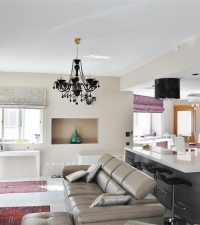
Investing in Maltese Property
Both price and location are two very important things to consider before purchasing a property. Moreover, a property is not only bought to be lived in, but also as a long-term investment, since this involves a considerable amount of money and it is an immovable asset that is likely to be on the market for some time before reselling.
Luckily, the Maltese real estate market has always enjoyed a relatively stable condition with appreciating values year after year. The majority of Maltese people are homeowners and many also own a second property. Due to demand for local property being high and the land area being relatively small, it is therefore safe to say that purchasing a property in Malta makes for a solid long term investment, even for rental purposes.
Procedure when Buying Property
The general buying requirements are the following:
- Deposit of 20% of the total price to be paid on the Promise of Sale (this takes place before signing the final contract),
- Stamp duty equivalent to 5% of the total price,
- Notarial Fees amounting between 2% and 2.5% plus Searches Fee,
- Health and Life Insurance,
- Agency Fee (when applicable)
It is important to know that foreigners who are not citizens of Malta are only allowed to buy one property across the island and may be subject to certain restrictions or require special permits. However, such restrictions do not apply for properties situated within a special compiled list of Special Designated Areas (SDAs). Such areas incorporate homes located within luxury lifestyle developments, including popular complexes such as Tigne Point and Portomaso.

Procedure when Renting Property
At times, renting may be a more convenient option, particularly for those who will be spending a lot of their time away from Malta or are here for a limited amount of time. The rental market offers the same variety of high quality homes as the for sale market. Depending on one’s needs and requirements, one can choose from small or larger apartments - most of which are modern and centrally located, an array of townhouses and charming houses of character often with outside pool and entertaining areas, and even modern secluded villas finished and furnished to the highest standard.
Different to purchasing, renting is a more flexible option that can offer a more tailor-made arrangement between landlord and lessee. Although rental conditions may vary depending on specific agreements, usually, the requirements are as follows:
- Initial Deposit - standard equivalent to 3 month rent but subject to negotiation,
- Renting 3 months in advance – once again subject to negotiation,
- Condominium & Maintenance Fees, although normally included in quoted monthly rental,
- Deposit on Utilities (water & electricity),
- Agency Fee (when applicable).
Obtaining a Home Loan in Malta
Linked to the local popularity of investing through buying property, most local banks offer flexible funding schemes in this regard, most of which offering these conditions:
- Repayment term that can go up to 40 years,
- Monthly repayments amounting to up to 30% of gross salary,
- Up to 90% loan financing of total purchase price or completion costs,
- Preferential interest rates for high value loans
When visiting the bank with the intention of getting a home loan, the following documents would be required:
- Reference,
- Identification document,
- Copy of preliminary agreement,
- Recent pay slip and FS3,
- Estimate of the property value.
- My Life Abroad -
A selection of expat stories

"A fun compulsive read!"
J. Matcham, Amazon
"I strongly advise people ready to live abroad to read this book!"
Patrice, Amazon

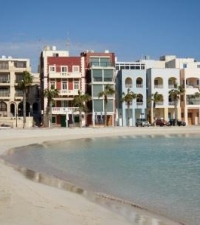 Where to Live in Malta
Where to Live in Malta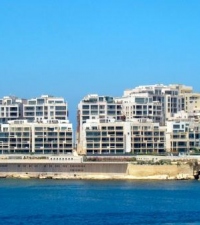 Renting Property in Malta
Renting Property in Malta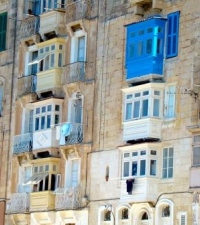 Buying Property in Malta
Buying Property in Malta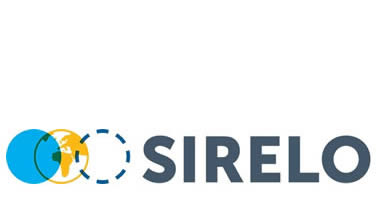
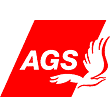 AGS Worldwide Movers
AGS Worldwide Movers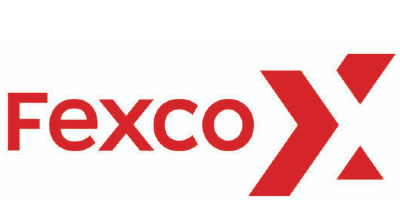 Fexco payment solutions
Fexco payment solutions 1stMove Car Shipping
1stMove Car Shipping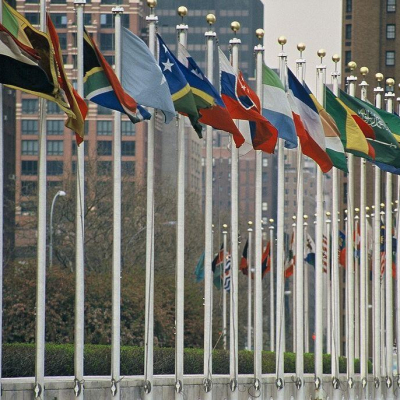 Embassies and Consulates in Malta
Embassies and Consulates in Malta